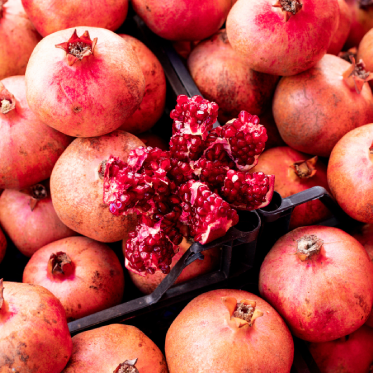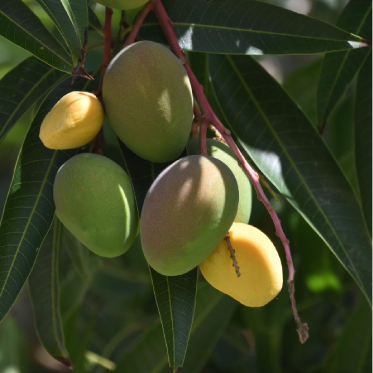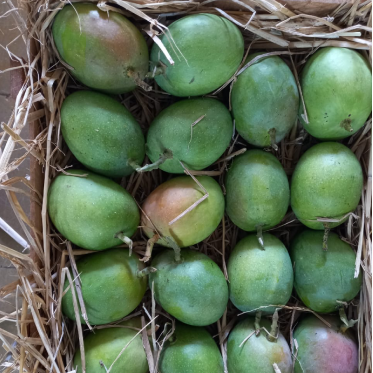Geographical Indication (GI) tags in India are issued and managed under the Geographical Indications of Goods (Registration and Protection) Act, 1999. The GI registry is headquartered in Chennai, which explains why all GI tags for products across India are released from this location. Here’s a detailed explanation:
1. Centralized Administration
The Geographical Indications Registry, established in Chennai, is the only authority in India responsible for processing GI applications and issuing GI tags.
Centralization ensures uniformity in the process and compliance with international standards set by the World Trade Organization (WTO) under the Agreement on Trade-Related Aspects of Intellectual Property Rights (TRIPS).
2. Strategic Choice of Location
Chennai was chosen because of its established intellectual property infrastructure, including the Intellectual Property Appellate Board (IPAB) and patent offices.
It provides logistical and legal support to facilitate the GI registration process.
3. Support for Farmers and Artisans Nationwide
GI tags benefit producers, including farmers, artisans, and traditional craftsmen, by giving their products recognition and market value.
Issuing GI tags from a single location ensures:
- Ease of Access: A streamlined process that is uniform across India.
- Transparency: Centralized scrutiny prevents duplication or misuse of the GI system.
4. National Coverage
Farmers and producers from any part of India can apply for GI registration through the Chennai office, either directly or via authorized representatives and organizations.
The registry supports a wide range of applicants, from small-scale farmers to large cooperative groups, ensuring equitable access.
5. Role of State Governments and Organizations
State governments and NGOs play an active role in assisting farmers and producers in applying for GI tags.
While the application is processed in Chennai, the groundwork for GI registration often involves local agencies documenting the product’s uniqueness and origin.
6. Benefits to Farmers
GI-tagged products like Ratnagiri Alphonso mangoes, Darjeeling tea, or Basmati rice gain:
- Legal Protection: Prevents unauthorized use of the GI name.
- Market Premium: Increases product value due to authenticity and exclusivity.
- Global Recognition: Opens export opportunities for products.
Why Not Decentralize?
Decentralization could lead to inconsistencies and legal complications in the GI registration process.
A single location ensures expertise, consistency, and compliance with national and international intellectual property laws.
In conclusion, the decision to issue GI tags from Chennai reflects a need for centralized, efficient, and transparent management of India’s rich geographical and cultural heritage. Farmers across India benefit from this system through increased recognition and economic opportunities for their region-specific products.











